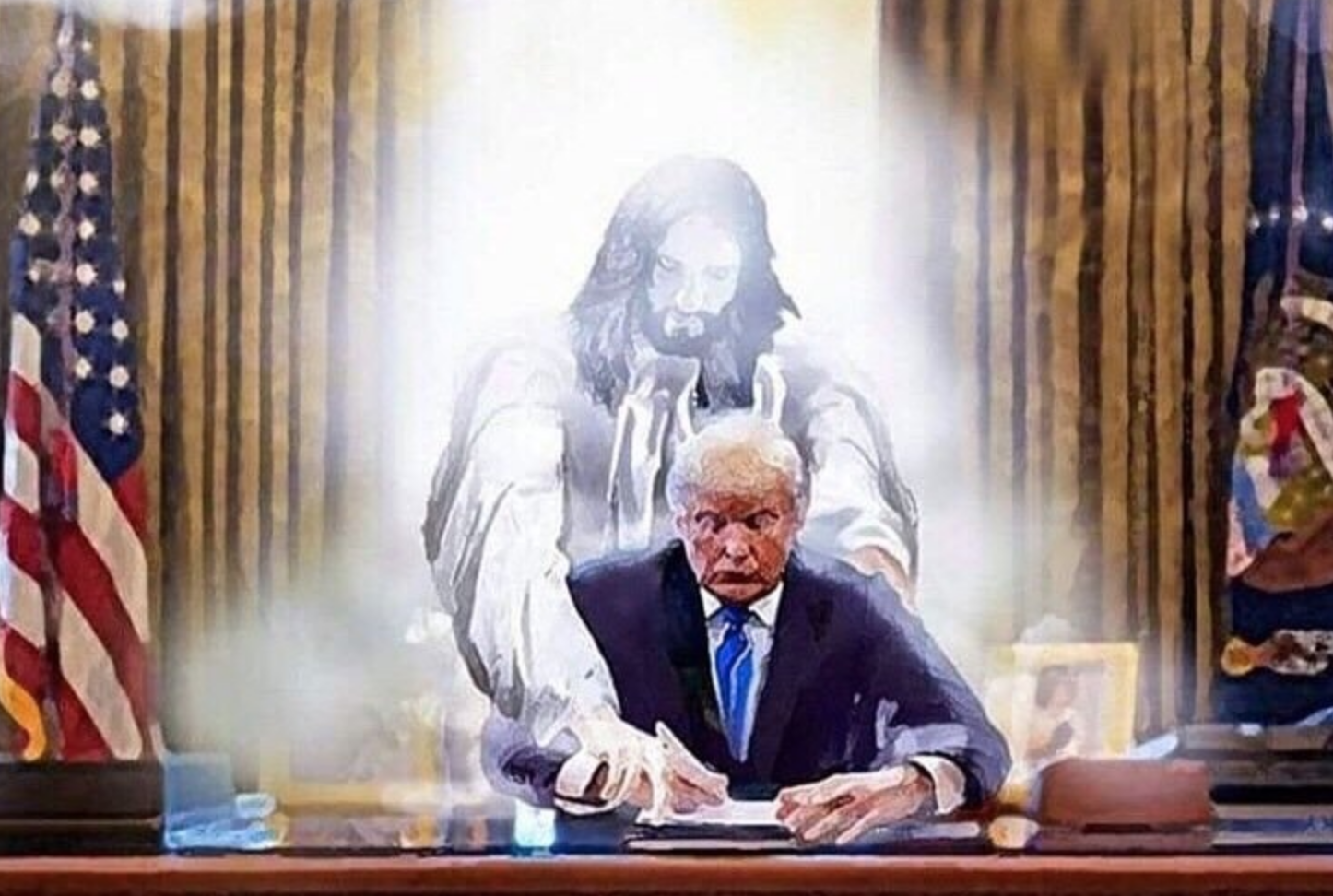As the members of the Town of Greece Board prepared for business, a local Catholic priest rose to offer a short prayer.
"Heavenly Father, you guide and govern everything with order and love," said Father John Forni, of St. John the Evangelist parish. "Look upon this assembly of our town leaders. ... May they always act in accordance with your will, and may their decision be for the well being of all. The Lord bless you and keep you. The Lord let his face shine upon you and be gracious to you. The Lord look upon you kindly and give you peace. Amen."
Perhaps it was the "Father" God reference, or even that final trinity of blessings, but this 2004 prayer was listed (.pdf) among those considered too "sectarian" during the Town of Greece v. Galloway case that recently reached the U.S. Supreme Court.
Most religious conservatives cheered the high court's 5-4 ruling, which said local leaders could continue to allow volunteers from different faiths to open meetings with "ceremonial" prayers that included explicit doctrinal references to their traditions, even references to Jesus Christ. The court majority also said it was crucial that one faith not dominate others and that prayers must not be allowed to "denigrate" other viewpoints, to "threaten damnation" or to "preach conversion."
However, Justice Anthony Kennedy noted for the majority: "To hold that invocations must be nonsectarian would force the legislatures sponsoring prayers and the courts deciding these cases to act as supervisors and censors of religious speech, thus involving government in religious matters to a far greater degree than is the case under the town's current practice of neither editing nor approving prayers in advance nor criticizing their content after the fact."
Kennedy's bottom line: "It is doubtful that consensus could be reached as to what qualifies as a generic or nonsectarian prayer."
Even among church-state analysts who disagreed on the decision, this theme -- that the state must be denied the power to determine which prayers are generic or safe enough -- emerged as crucial common ground.
"Put bluntly, government has no right to declare that the only God welcome in public is a 'generic God,' " noted the Rev. R. Albert Mohler, Jr., president of Southern Baptist Theological Seminary, in online commentary. "That is a profoundly important constitutional argument. For Christians, this is also a profoundly important theological argument. We do not believe that any 'generic God' exists, nor can we allow that some reference to a 'generic God' is a reference to the God of the Bible."
On the liberal side of Baptist life, Bill Leonard of the Wake Forest School of Divinity openly challenged the belief that the state should have the power to determine when prayers cross the line and become oppressive. "What government official," he asked, "will judge when one person's prayerful 'conviction' becomes another's 'damnation?' "
Labeling his perspective that of an "old-timey Baptist," Leonard said the big question is why so many rush to embrace "ceremonial" prayers in the first place.
"There may be government-centered ceremonies where the deity is addressed in various forms, but let's not stoop to calling it prayer," he said, in online analysis. "Prayer is talking to God, not to the Emperor, the President, the Congress, political parties, county commissioners or people gathered for hearings about potholes, zoning or sanitation. They may all need prayer, but certainly not the ceremonial kind.
"Prayer is anything but ceremonial; it burns in the soul, dances in the feet, erupts from the gut. ... No, no, Mr. Justice. Government use of prayer to tout privileged 'religious leaders' or their 'institutions' trivializes faith's most wondrous connection: a confrontation with the Divine."
This complex debate is packed with political and religious ironies, noted Francis Beckwith, who teaches philosophy and Church-State Studies at Baylor University.
Many liberals, especially unbelievers, would like to ban public prayer altogether, yet accept non-sectarian prayers as "their own kind of don't ask, don't tell policy," he said. Meanwhile, some conservatives feel "so squeezed out of everything" and "so under attack" that they grudgingly accept watered-down expressions of public faith.
In the end, he added, "Christians -- on the left or the right -- should worry about representatives of the state trying to co-opt their leaders and their symbols and their language to serve some particular political cause or movement. ... That temptation is always out there."









